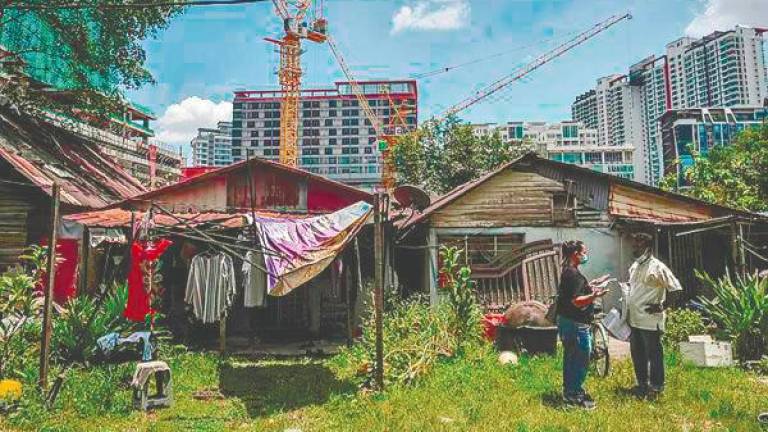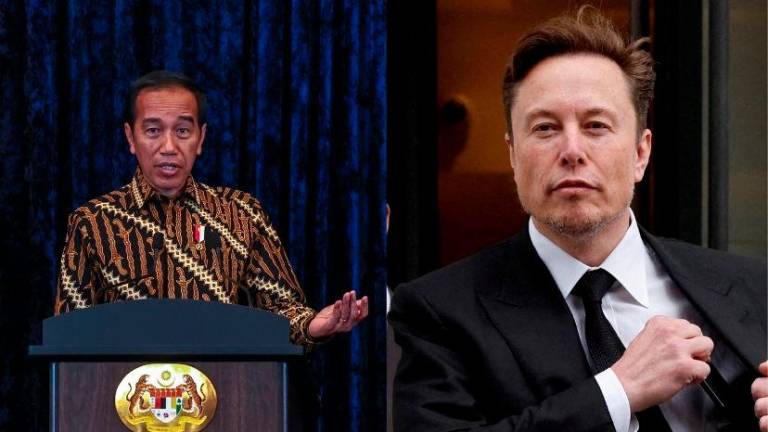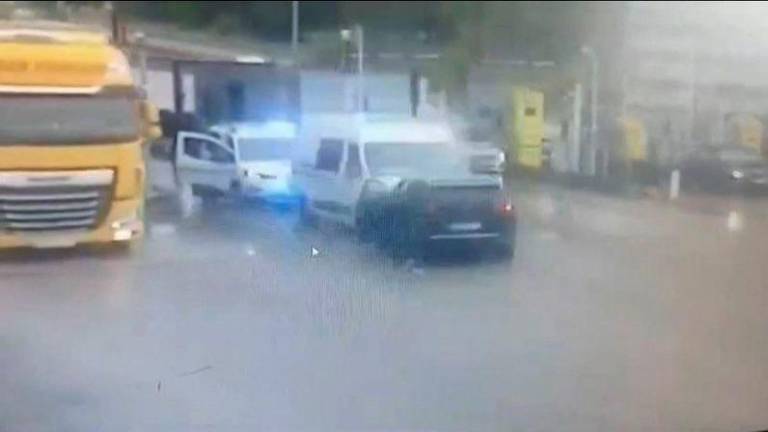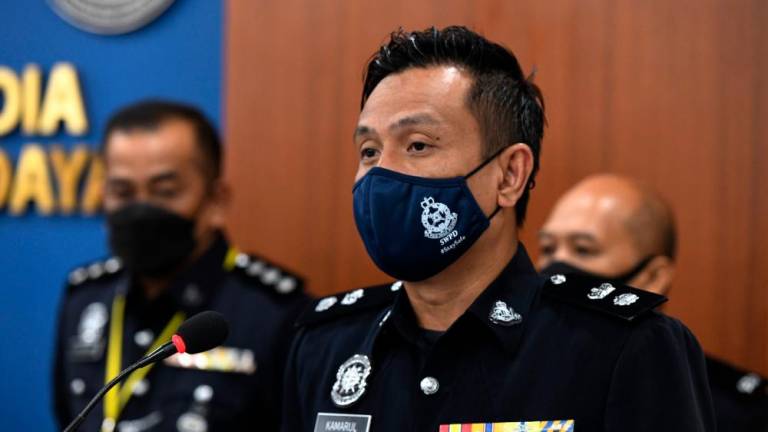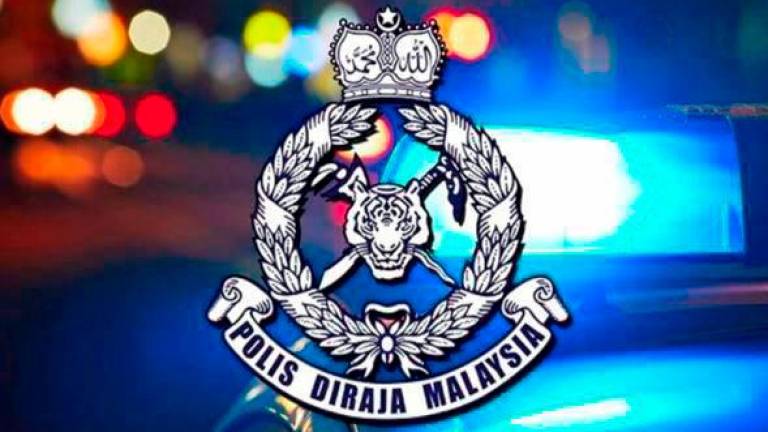I ARRIVED in the Solomon Islands in 1981 and was met by the outgoing managing director, Jim Broom. With my wife Maznah and toddler Anwar, I landed on the airstrip on the island of Banika. Facing everything new, I had to ask many questions about the business.
The plantation had coconut that grew on volcanic soil. The main crop was copra. Cocoa grew under the palms along the slopes, and the beans fetched a welcome premium due to the special flavour sought after by buyers in Belgium.
The third arm was cattle that kept the weeds down, mainly on the flats by the sea. The herds grazed on each block on schedule, controlled with electric fences and cattle gates, and several stockmen on horses.
The business was on thirty islands but it was more than that when the founder of Unilever bought the plantations and trading posts in the early 1900s. Those outside the Solomons were sold long ago. A few other plantation companies used to be big in the old days, including Fairymead Sugar Company Ltd and Burns Philp and Co Ltd.
Broom explained: “We are the only ones left. Now, we are returning land to the government. We do not have the labour, anyway. We replant where the palms had been planted just after the Second World War. However, copra prices have been low, so we have a cash flow problem.”
Broom was from Canada, worked first as an accountant, fell in love with island life, and fell in love again when he met an air hostess from Fiji, Peggy – slim, tanned and with blue eyes. They were moving to another Unilever plantation in Cameroon.
I faced more problems as I visited the field, listening to David Friend. Nearly forty years old, he had left his Hampshire home to study in Reading, and he had worked for the Solomon Islands government. Now, he was with us as head of research.
“We produce the cross of Malayan dwarf and Solomon tall, but recently the agriculture department said we had a disease in the nursery, and would not allow us to sell the seeds from our seed garden. We lost some income there. But they have allowed us to plant on our properties.”
John Clendon, from New Zealand, was the cattle manager. He often rode with his stockmen, driving herds into the stockyard to rid them of pests or diseases or ship batches to the market in Honiara.
“We only have 8,000 heads left, as we lose grazing ground to new cocoa areas. But we go on crossing the Brahman with the Bos taurus, and get a hardy breed with a decent weight gain.”
The plantations director Julian Stanning was with me on most of the visits. He was a tall Englishman and a familiar face. We worked together in Pamol, Sabah. He did not rush to give answers but would watch my reaction and step in to explain further.
The other person from Sabah was a Kadazan, Alex Huang. He was on Pavuvu island.
In Sabah, he had a problem with me, and now I found myself with him again. Alex was thin, short and feisty, a leader, and when I visited after a long ride in a copra boat, I found he had already instilled a fierce loyalty in his team, even if he ranted at them.
He had a full view of the sea from his white bungalow, where after the tour he called his staff to join us and gave a warm speech. I did the same.
In a new setting, we were like brothers. On the airy verandah, we had lunch comprising rice, barracuda steak, brinjals from his garden and oysters from the bay.
As with the other islands, every week Huang would ship copra to the store in Banika.
Ron Hutt, an engineer, was in charge of the stores, a row of Nissen huts left by the war. He was also in charge of processing at the drying shed, where diesel sent roaring flames into the air under the floor.
Hutt was from Queensland and had worked for many years. When I visited his department, his voice shook as he showed a chart and diagrammes.
“I have asked for this many times. I want to buy driers that burn coconut husks. Diesel is too costly. The technology is there. I need the funds.”
When I was back in the long wooden building where I worked, I called the accountant. Chas Godbold was a quiet, bearded Queenslander, who lived in a big house a short walk away where his three young children were home-schooled, taught by his wife Sandra.
“We will be short of funds. The ship arrived late some weeks back, and our copra and cocoa consignment did not reach Rotterdam on schedule, so payment will be delayed.”
“Which means?”
“We will need to see the banks in Honiara about increasing the loan.”
In the cool cabin of the Range Rover, I took a drive along the shore to clear my head.
Was this the paradise I had in my mind? The seas were sparkling, the breeze was gentle and the fronds waved among the tall palms where the white cockatoos pranced and preened.
The island had an airstrip, a bonded warehouse and a police station. At the jetty, I had a dozen copra boats and a ship that I could board and go fishing by the reefs. I liked boats. I should be happy.
I had always wanted to live on an island, like Robinson Crusoe in the book by Daniel Defoe. However, Crusoe did not have my worries about cash flow.
I did not wait too long before I took the half-hour flight to Honiara to see the manager of the National Bank of Solomon Island. He was a veteran banker from Australia, a polite man.
“I would agree but you can understand my position. The majority owners in Sydney need a guarantee letter from Unilever and that will be good enough for us.”
I knew that was not possible. Unilever would want each operation to fend for itself. In this case, it was not even full ownership as the government had bought a substantial share soon after independence in 1978.
I said that was not possible.
“I need something I can hang my hat on when I write back to Sydney. Would it be possible to get some kind of assurance from your head office, such as a letter of comfort?”
I gave the same answer before I flew back to Banika.
The best thing to do was to try and get the help of a director on the board of the company, a representative of the government, who was also the central bank governor, Anthony Hughes.
He had been posted there by Whitehall, stayed on after independence, switched citizenship, married the daughter of a chief, and settled in the country.
I made an appointment to see him.
The writer has extensive experience in the management of oil palm plantations.
Comments: letters@thesundaily.com





